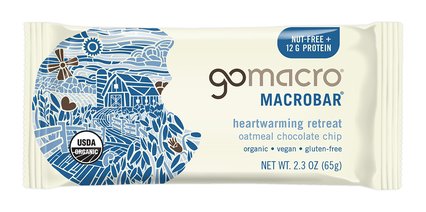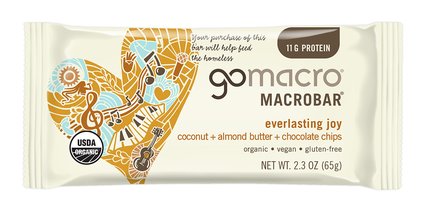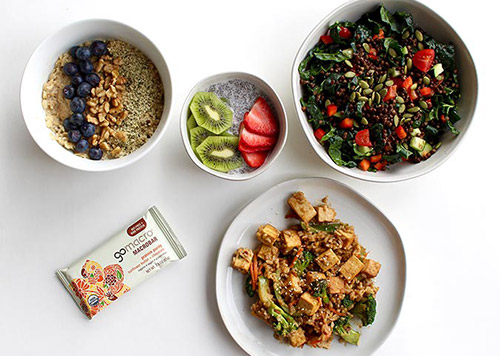The Benefits of Eating a Seasonal Plant-Based Diet
Eating Seasonally is a philosophy that has been around since the beginning of civilization; which centers around eating fresh produce at a time of year when it’s naturally ripened. This means that the produce is harvested at the correct time, when nutrients are at their peak, instead of harvesting early so that the produce will better withstand shipping. As a society we often forget about the many benefits that eating a seasonal plant-based diet brings as a result of having access to nearly all produce year round.

Why Eat a Seasonal Plant-Based Diet?
Nutrition
Plants get their nourishment from the sun and soil, and we get the most nourishment from foods that grow in the season that nature intended them to flourish in. For example, a naturally-ripened tomato in the summer contains more nutrients than an artificially-ripened tomato in January. Seasonally, fresh produce is picked when they’re ripe and fully developed which means they have higher levels of antioxidants. Sadly, foods grown outside of their season or natural environment need a lot more human assistance in the form of pesticides, waxes, chemicals and preservatives, allowing it to look appealing to consumers. Skipping the travel, transportation and storage helps food reach your plate with the most nutrients possible.
Health Benefits
Eat a rainbow of colors, not just a green salad! Consuming more colors usually means there is better variety of nutritional value in your meal. Incorporating different fruits and vegetables into your meals based on seasonal availability also stimulates creativity in food choices!
Flavor
The true glory of a seasonal diet comes from the taste of enjoying the freshest ingredients in season. When foods are picked at their peak ripeness, they taste better! The quality of produce picked in-season, like tomatoes or peaches, simply can't be compared to flavorless produce that is picked prematurely and then shipped long distances.

A Seasonal Food Guide:
Spring
Spring is the season of new birth and new growth. If we don’t adapt to the changing climate in spring, we may be susceptible to seasonal health problems, such as the common cold or flu. Examples of seasonal foods that help prevent illness in the springtime include peas, cilantro, spinach, onions and leeks, all which contain a variety of nutrients including vitamin B, calcium, iron and zinc.
Summer
The months of June, July and August bring an abundance of tasty fruits and veggies that are packed with nutrients. Summertime is the best season to indulge in all kinds of berries because they are rich in antioxidants. Blackberries, blueberries and strawberries are a good source of soluble fiber, which studies show can help lower cholesterol and glucose levels.
Vegetables such as zucchini, eggplant and tomatoes are plentiful in the summertime. They’re a great source of vitamin C, potassium, folate and vitamin K, which provide energy to keep you active all summer long.
Fall
The fall harvest brings a whole new assortment of delicious and heart-healthy fruits and vegetables. Pumpkins, winter and butternut squashes all contain large amounts of potassium, which help to decrease your blood pressure by counteracting the effects of sodium in your diet.
During the harvest season, grocery stores and farmers markets are also full of tasty fruits like apples, pears and figs. These fruits help to support immunity, fight premature aging of the skin and support eyesight.
Winter
In colder climates, eating locally through the winter can be very challenging, but there are still plenty of healthy foods that taste delicious and are easy to cook with. Beets and carrots both have a high amount of nitrates, which increase nitric oxide in the body and play a substantial role in heart and vascular health.
Citrus fruits like grapefruit, tangerines, lemons and oranges are all plentiful and packed with B-vitamins, phosphorus, potassium, copper, magnesium, calcium and dietary fibers. These nutrients all perform an important role in protecting against diseases and support our overall immunity. Use citrus to fend off those winter colds!
Small Choices Can Add Up to Big Change
To inspire our own team to become seasonal eaters, we’ve launched an internal farm share program, providing our employees with a box of fresh, tasty, seasonal fruits and vegetables from our farm in Wisconsin every month during the growing season. Many communities have some sort of local farm share/farmers market program that you can help support, here are a few ways to get started:
Where Can I Buy Local, Seasonal Produce?
Fresh produce is at the heart of eating well, we’ve included a few resources that we hope will inspire you to eat seasonally and locally throughout the year.
Find What’s in Season Near You
Discover Farmers Markets Near You

Try These 4 Easy, Seasonal Recipes:
Spring - Spinach Berry Salad
An antioxidant-rich feast for the eyes & stomach!
Summer - Vegan Pesto
A summer staple that is easy to whip up & can be used as a stand alone dip, an addition to sauces, spread on a sandwich or even used as a marinade.
Fall - Roasted Balsamic Mushrooms
A quick and easy side dish that pairs well with mixed greens, or served over noodles.
Winter - Beet Hummus
An eye-catching addition to any spread, rich in fiber and antioxidants.









